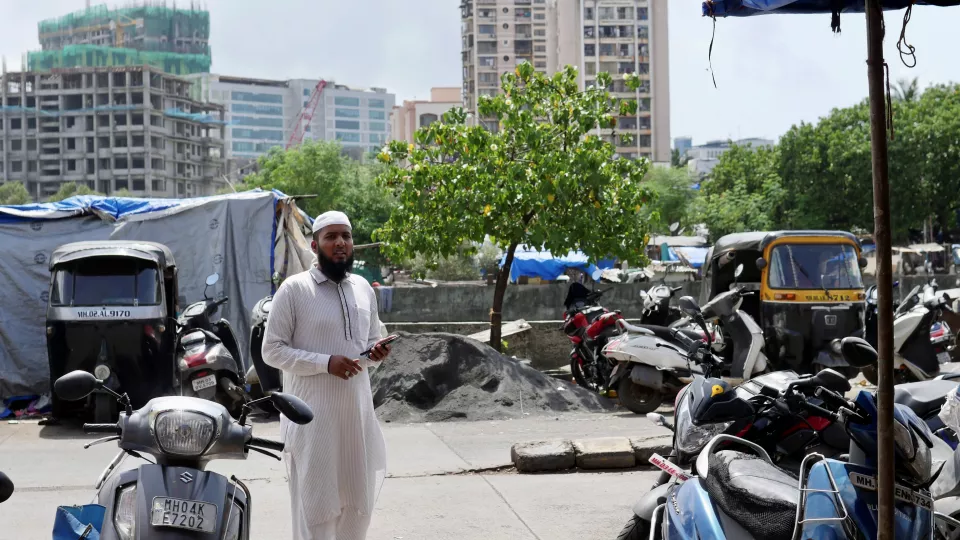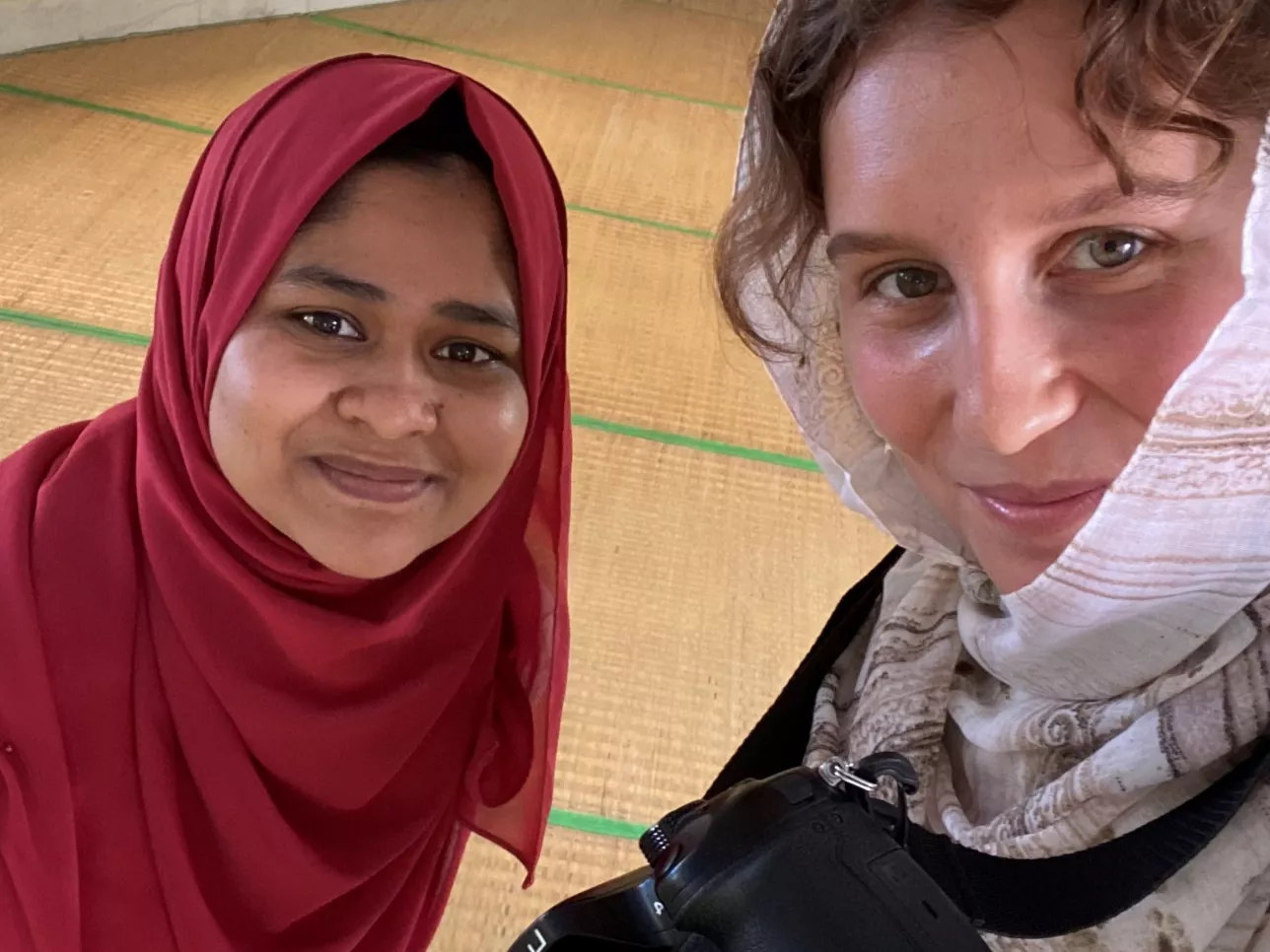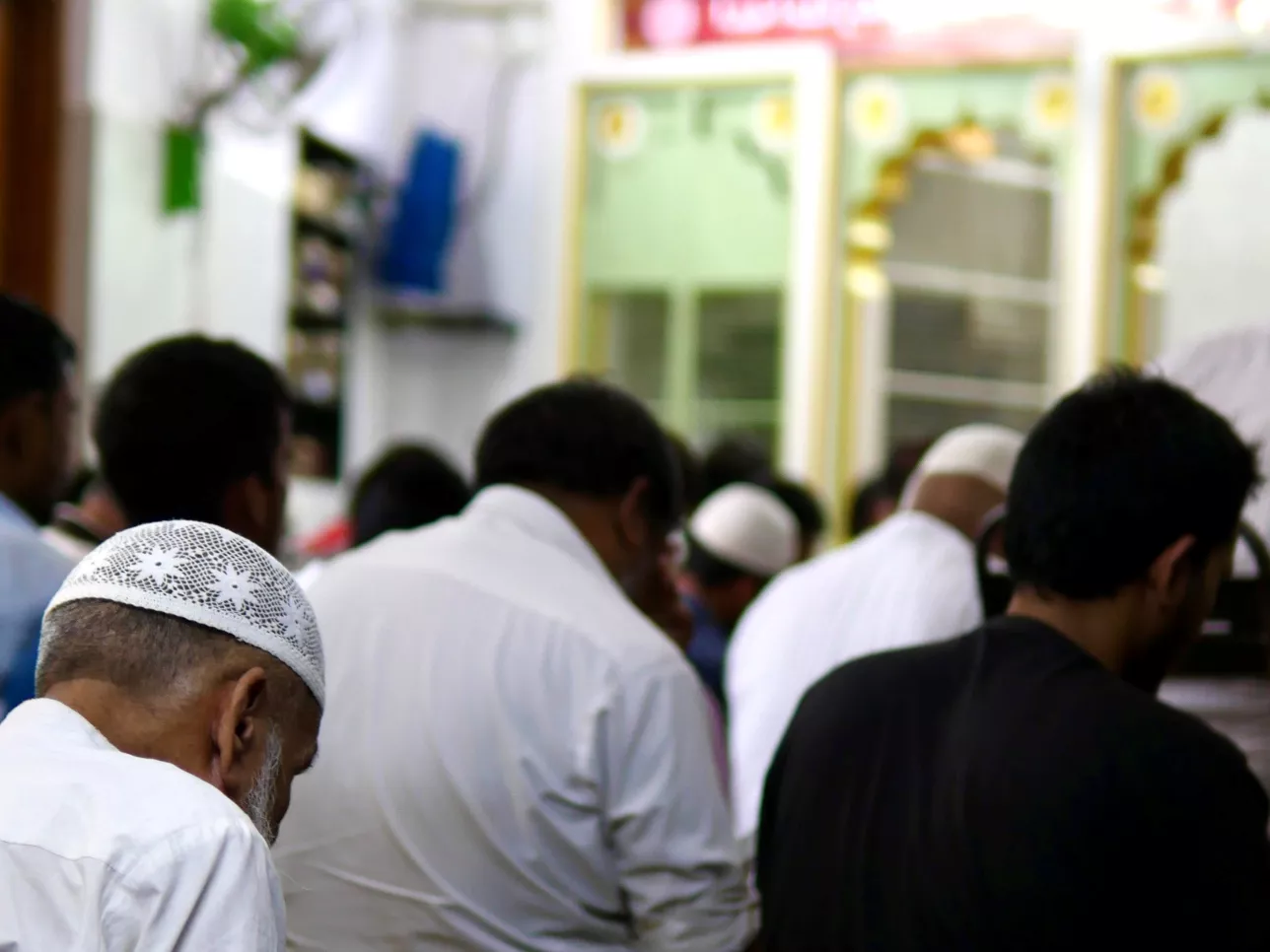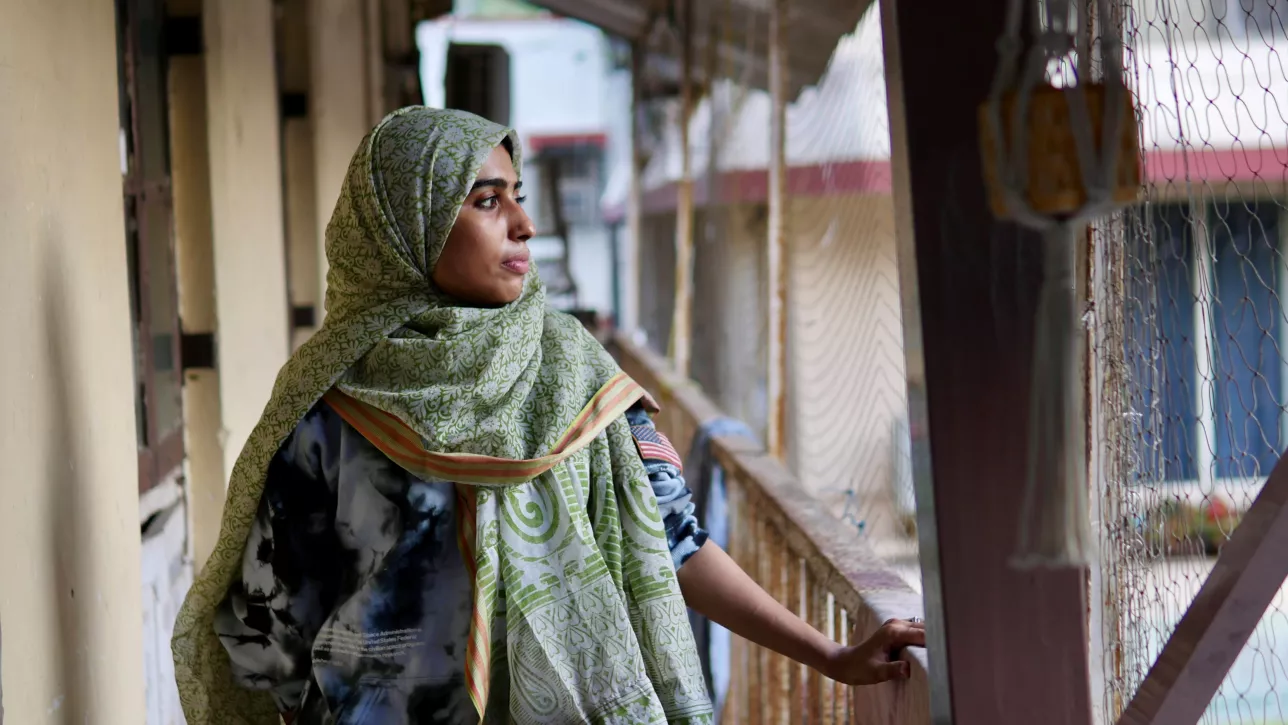Young people in India are often described as a well-educated and progressive force. How does that align with the right-wing populism sweeping through the country? Journalism student Linn Jönsson embarked on a reporting journey to Bombay, delving into religious and political conflicts of present-day India.
In the Fall of 2023, Linn Jönsson received the SASNET travel grant for journalism students at Lund University. Her mission was to visit Bombay and investigate how the growing Hindu nationalism in the country affects young people, exploring their attitudes toward right-wing politics.
Before traveling to Bombay, Linn Jönsson admits to having a somewhat vague perception of India. Despite this, she had read about the current political developments and conflicts. The Swedish novel Den högsta kasten further fueled her intrigue about the country.
“I’m somewhat of a politics nerd”, she says. “I’ve studied political science before, and back then, I wrote a lot about right-wing populism.”
In September, in the span of ten days, Linn Jönsson traveled to Bombay for the reporting journey. During her stay, she encountered a diverse range of individuals, from young witnesses to political figures. One of the interviewees was 26-year-old Shaugufta, a young Muslim woman who shared how her circle of friends had disintegrated due to religious differences. Shaugufta also recounted losing her job because of her choice to wear the hijab.
“When in Bombay, everything fell into place and surprisingly went according to plan”, says Linn Jönsson.
One of the women she interviewed, Sadyia, facilitated access to a men-only mosque in a Muslim-dominated area in Bombay and acted as a translator during the visit. In the mosque, Linn Jönsson got the opportunity to interview Imam Abdullah Shaikh and witness a prayer session.
Another impactful encounter was with human rights lawyer Lara Jesani at the People's Union for Civil Liberties (PUCL), who shared her commitment to supporting those facing hate and threats in the name of religion. The journey also included an interview with expert Ram Puniyani, who has dedicated over 30 years to studying secularism and the conflict between Muslims and Hindus in India.
Towards the end of the trip, Linn Jönsson visited the Bharatiya Janata Party's (BJP) headquarters in Bombay and met with Tajinder Singh Tiwana, a prominent representative of the party. He responded to criticisms of the party's policies, asserting that political adversaries falsely spread a polarizing image for their own gain.
“What stood out the most for me during my work in Bombay was the strong need among the people I spoke to, to discuss and share experiences on these pressing issues. The interviews often became more in-depth and longer than I expected beforehand”, Linn Jönsson says.
In Sadiya, Linn Jönsson even forged a new, unexpected friendship. Sadiya organized Bombay sightseeing and together they visited markets and had dinner.
“The best thing with the trip was all the people I got to meet and interview. To be invited into people’s homes and get to know them is a real luxury”, she says.



